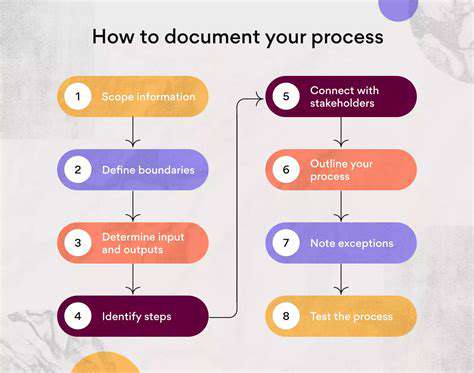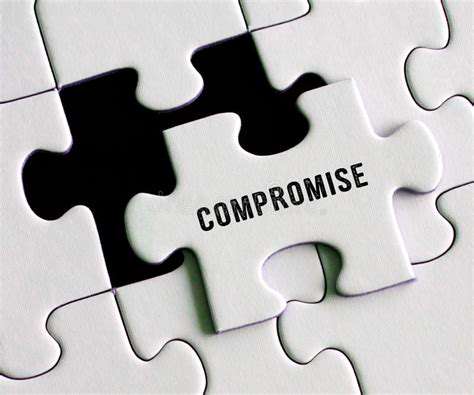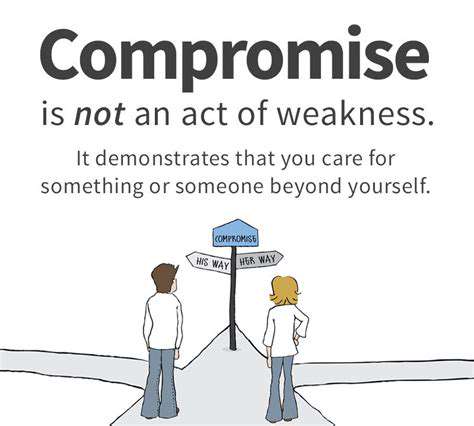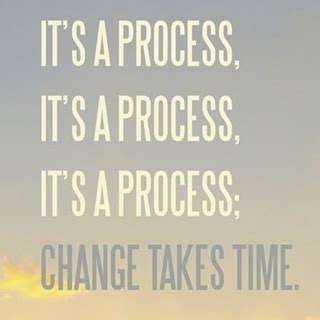Practical Guide to Divorce Legal Procedures
Table of contents
Clarify the legal grounds for divorce before filing for divorce
Organize financial materials in advance for property division negotiations
Prepare complete legal documents to ensure smooth litigation procedures
Pay attention to the statutory deadlines for divorce response
The special value of mediation in dispute resolution
The positive significance of divorce by agreement for emotional repair
The accuracy of legal documents affects the speed of judgment enforcement
Attention to court trial procedures and the conditions for document effectiveness
1. Necessary preparations before divorce litigation
1. Practical understanding of legal grounds for divorce
Before applying for divorce registration, it is recommended to first obtain the \Notice of Divorce Conditions\ from the marriage registration office in your district. Article 1079 of China’s Civil Code clearly specifies the standards for determining a broken relationship, such as domestic violence, bigamy, and other statutory circumstances. There is a real case: Ms. Wang filed for divorce due to her husband's long-term gambling, and the court, based on bank transaction records and police report records, ultimately determined that it met the legal condition of having a bad habit that could not be corrected.
Different regions have varying judicial practices. For example, the Shanghai court requires the provision of continuous residential evidence, such as rental contracts and property management proof, for the recognition of separation lasting more than two years. It is advisable to log onto the China Judgment Document Network in advance to review similar case judgments in the local area and understand the discretion exercised by judges.
2. Preparation of asset declaration
Preparing three lists can significantly improve efficiency: movable property list (jewelry, collectibles, etc.), immovable property list (with photocopies of property ownership certificates), and debts list (indicating creditor information). Pay special attention to properties where mortgage payments are made after marriage, and keep repayment certificates and value-added calculation tables, as these are crucial for dividing compensatory payments.
Here’s a practical tip: use your mobile phone's memo function to record household expenditures in real-time; during the divorce, you can present consumption habits via a timeline. Last year, in a case adjudicated by the Shenzhen Intermediate Court, the wife successfully proved her husband's behavior of transferring joint property through two years of online shopping records.
2. Key points for material preparation in divorce litigation

Core legal document preparation
In addition to stating basic information in the complaint, the litigation request section should be specific and clear, such as requesting that the marital daughter Zhang Xiaosomething be raised by the plaintiff, with the defendant paying child support of 3000 yuan per month until her university graduation. Remember to attach a scanned copy of the child's vaccination record to prove the actual custody situation.
The application for property preservation should specify details such as bank account numbers and property certificate numbers. An innovative practice by the Chaoyang District Court in Beijing last year allowed parties to upload electronic version evidence through the mobile WeCourt mini-program, greatly shortening the filing time.
Evidence collection techniques
WeChat chat records should be continuous and complete; it is recommended to use the mobile phone's built-in screen recording function for saving. In cases involving domestic violence, apply for a personal safety protection order from the Women's Federation in a timely manner; this document will become key evidence. A detail to note: when taking photos of injuries, be sure to include that day's newspaper in the shot to prove the time.
For the division of company equity, it is necessary to provide business registration information and also prepare financial statements for the past three years. In a divorce case involving a shareholder of a technology company in Hangzhou, the \Enterprise Valuation Report\ issued by the accounting firm became a key basis for property division.
3. Practical points for divorce responses
Strategies for writing a response
A response must be submitted within 15 days after receiving the complaint. Avoid outright denial; instead, adopt an acknowledgment-supplement-correction response strategy. For instance, acknowledging the fact of the broken relationship but supplementing with information about the other party's lack of ability to provide care, and providing a home visit record issued by a school teacher as new evidence.
There is a typical case: the defendant included a handwritten \Custody Will\ written by the child in the response, which ultimately changed the custody rights allocation. Remember to mark the purpose of each piece of evidence in the evidence list for the judge's quick understanding.
Special provisions on evidence submission deadlines
The new \Civil Procedure Law\ stipulates that late evidence submission may face fines. It is recommended to set calendar reminders on your phone: submit basic evidence within 5 working days after the case filing, and supplement rebuttal evidence 10 days before the court hearing. For electronic data like WeChat chat records, remember to perform hash value checks in advance.
Here’s a practical method: scan important evidence and store it in the electronic evidence deposit platform of a notary office; this meets the evidence form requirements and can prevent the loss of the original documents. Last year, the Guangzhou Internet Court recognized the legal effectiveness of blockchain-based evidence storage.
4. Negotiation techniques for divorce by agreement

Practical points for mediation procedures
When mediating in court, remember to wear a voice recorder (with the judge's consent). Leave 20% of leeway in your demands, for example, if you expect child support of 5000 yuan, the first offer could be 6000 yuan. The mediation agreement should clearly specify penalty clauses, such as interest at 0.05% per day for late payment of child support.
There is a successful case: both parties agreed that the child would alternate living with each parent during winter and summer vacations, with the mediation agreement detailing pick-up and drop-off times and locations. After the mediation, remember to verify the mediation record on the spot, especially checking whether the unit for the property division amount is yuan or ten thousand yuan.
A guide to avoiding pitfalls in divorce agreements
The property transfer clause should specify a concrete deadline, such as completing the transfer registration within 30 working days after this agreement comes into effect. For the issue of household registration transfer, penalty clauses can be stipulated: if the defendant fails to move out the household registration on time, they must pay a penalty of 200 yuan per day. Notarized agreements have enforceability; it is advisable to notarize important clauses.
Be especially careful: do not write that each party's property belongs to them; instead, list specific properties. In a certain case in Shanghai last year, due to vague agreement clauses, it was discovered after divorce that the other party had concealed overseas deposits, leading to a second lawsuit.
5. Conditions for the effectiveness of divorce judgments

Confirmation of the effectiveness of judgment documents
After receiving the judgment, focus on verifying three pieces of information: whether the case number is correct, whether the judge's signature is complete, and whether the impression seal is intact. Note that the appeal period starts from the next day of delivery; domestic cases are usually 15 days, while foreign-related cases are 30 days. One detail that is easily overlooked: for electronic delivery, the time recorded by the system shall prevail.
Proof of effectiveness must be obtained from the presiding judge; some courts have opened electronic inquiries for effectiveness proof. When filing for enforcement, bring the original judgment, and it is advisable to make several photocopies for backup. Last year, Zhejiang implemented a divorce certificate system, effectively protecting the privacy of the parties involved.
Precautions for judgment enforcement
For those who refuse to comply with the judgment, you can apply to the court for compulsory enforcement. You will need to prepare an enforcement application, proof of effectiveness, and clues to the property of the person being executed. An innovative practice involves querying the other party's online financial accounts through the judicial service section of Alipay.
Remember to annually apply for the continued sealing of properties to prevent expiration of the seal. For the enforcement of child support, you can apply to freeze the other party's salary account. Last year, the Beijing court introduced the first case of applying for untrustworthy ringtones, which effectively urged the person being executed to fulfill their obligations voluntarily.







